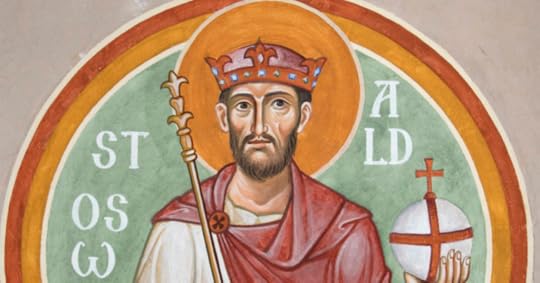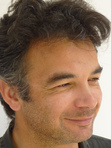date newest »
newest »
 newest »
newest »
message 1:
by
Rachel
(new)
Aug 02, 2024 04:34AM
 That's a really interesting comment regarding Oswald as both warrior and saint. I don't think there would have been the chasm there is now between the two in the attitudes of the time, particularly for someone of Oswald's upbringing. If it is hagiography it may be in the level of the 'ideal' which he reached, but the overall picture of a man driven by these two ideals together is one that rings true to me.
That's a really interesting comment regarding Oswald as both warrior and saint. I don't think there would have been the chasm there is now between the two in the attitudes of the time, particularly for someone of Oswald's upbringing. If it is hagiography it may be in the level of the 'ideal' which he reached, but the overall picture of a man driven by these two ideals together is one that rings true to me.
reply
|
flag
 Rachel wrote: "That's a really interesting comment regarding Oswald as both warrior and saint. I don't think there would have been the chasm there is now between the two in the attitudes of the time, particularly..."
Rachel wrote: "That's a really interesting comment regarding Oswald as both warrior and saint. I don't think there would have been the chasm there is now between the two in the attitudes of the time, particularly..."Yes, very much what I think, and what I tried to portray in my novel. Of course, you could say he was just a warlord like the others but what is clear is that the new religion brought about a significant rethinking among some warriors as to the meaning and purpose of their lives, and Oswald, I think, was one of them.




